Rideshare crash litigation in The Bronx faces complex legal challenges due to shared liability among companies, drivers, and truck operators. This dynamic is exacerbated by dense urban settings, heavy traffic, and various accident causes like driver fatigue and distracted driving. Determining fault involves scrutinizing safety measures, training, and post-crash protocols. New York State laws, local regulations, and federal guidelines guide the process, aiming to protect riders and maintain safe rideshare environments. Understanding these complexities is crucial for achieving justice in Rideshare Crash Litigation The Bronx, as illustrated by high-profile cases reshaping industry safety standards nationwide.
In the dynamic landscape of urban transportation, commercial truck accidents in the Bronx have led to a surge in rideshare crash litigation. This article delves into the intricate world of understanding and navigating commercial truck accident lawsuits within the context of ridesharing services. We explore the legal framework governing these cases, common causes of crashes specific to the Bronx, and the complex issues of liability. Through case studies, we illuminate notable rideshare crash lawsuits, offering insights into compensatory and punitive damages.
- Understanding Commercial Truck Accident Lawsuits in Rideshare Context
- The Legal Framework Governing Rideshare Crash Litigation
- Common Causes of Rideshare Crashes in The Bronx
- Navigating Liability in Commercial Truck Accidents
- Compensatory and Punitive Damages in Rideshare Cases
- Case Studies: Notable Rideshare Crash Lawsuits in The Bronx
Understanding Commercial Truck Accident Lawsuits in Rideshare Context
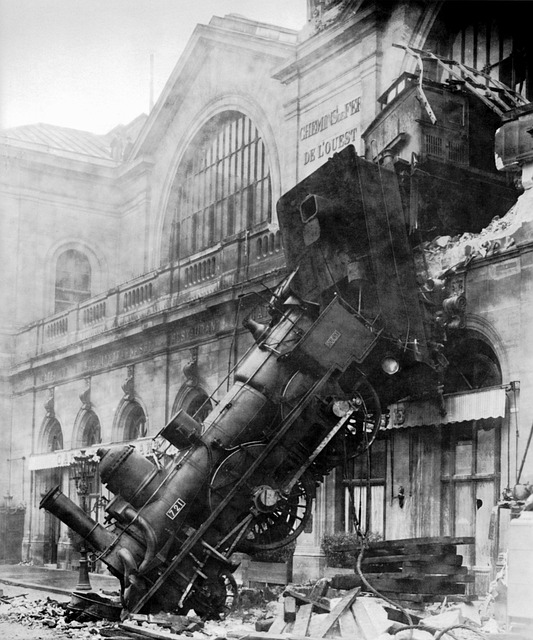
In recent years, the rise of rideshare services has brought significant changes to urban transportation, but it also introduces unique challenges in accident litigation, particularly in complex cases involving commercial trucks. Rideshare crash litigation in The Bronx, and across the nation, is navigating uncharted legal territories as these incidents often involve intricate factors such as shared liability between the rideshare company, drivers, and truck operators, along with potential negligence on the part of local transportation infrastructure.
When a commercial truck is involved in an accident with a rideshare vehicle or pedestrian, determining fault becomes increasingly complex. Rideshare companies are now facing heightened scrutiny regarding their safety measures, driver training programs, and response protocols following crashes. The Bronx, with its dense urban environment and heavy traffic, serves as a microcosm for these legal complexities, where successful litigation demands a thorough understanding of both state and federal regulations governing commercial trucking and the evolving landscape of rideshare operations.
The Legal Framework Governing Rideshare Crash Litigation
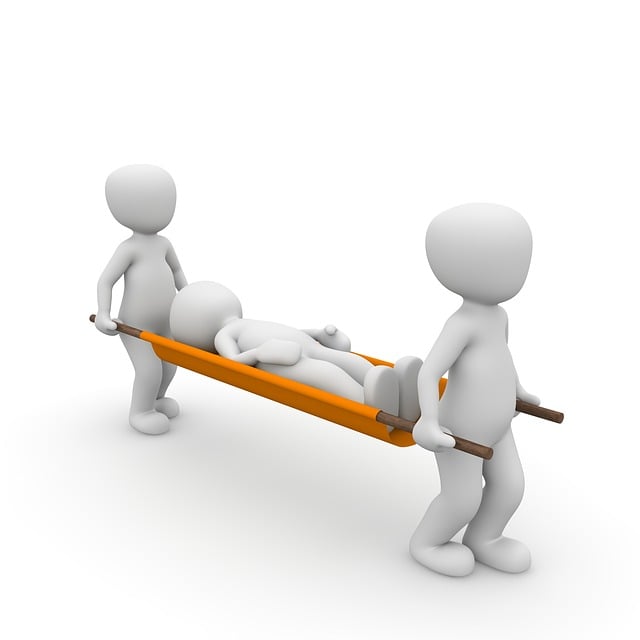
In the dynamic landscape of transportation, rideshare crash litigation in The Bronx falls under a complex legal framework. New York State laws, coupled with local regulations and federal guidelines, govern these cases, ensuring safety standards and accountability. When a rideshare vehicle is involved in an accident, the legal process becomes intricate, balancing passenger protection, driver liability, and insurance coverage.
The Bronx’s legal system plays a pivotal role in resolving rideshare crash disputes, considering factors such as negligence, breach of duty, and compensation for injuries. Plaintiffs must navigate these legal intricacies to seek fair redress, while defendants—including rideshare companies and drivers—have rights and responsibilities delineated by the law. This framework aims to protect riders’ interests while fostering a safe and regulated rideshare environment in The Bronx.
Common Causes of Rideshare Crashes in The Bronx
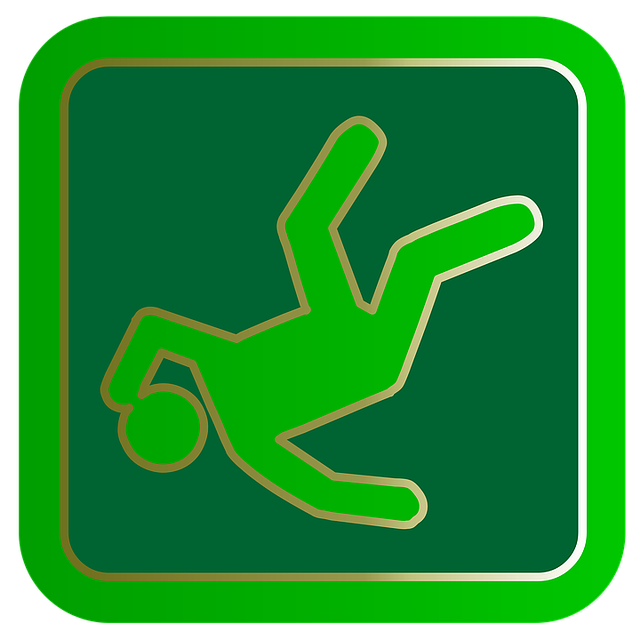
Rideshare crashes in The Bronx, like anywhere else, have specific triggers that lead to litigation. Common causes include driver fatigue, as many rideshare drivers work long shifts with minimal rest, increasing the risk of accidents. Additionally, distracted driving due to the use of mobile devices or passenger interactions is a significant factor. The Bronx’s heavy traffic and complex road network further contribute to these incidents.
Another leading cause is impaired driving, whether from alcohol or drug use, which is a serious issue in any vehicle accident but particularly so in rideshare crashes due to the potential impact on passengers and other road users. Mechanical failures and poor maintenance of vehicles also play a role, as does bad weather and inadequate training for drivers, especially in unfamiliar areas like The Bronx. These factors often lead to Rideshare Crash Litigation in The Bronx, where victims seek compensation for injuries and damages.
Navigating Liability in Commercial Truck Accidents
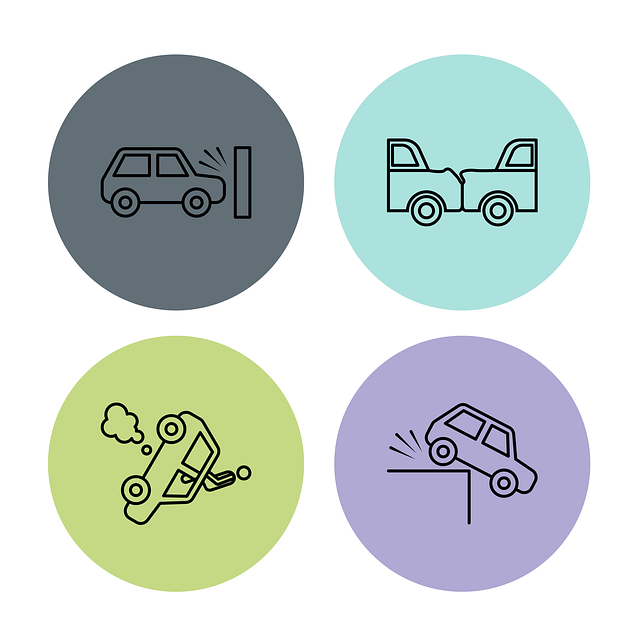
In commercial truck accidents, determining liability can be complex due to various factors at play. Rideshare crash litigation in areas like The Bronx introduces another layer of complexity, as these cases often involve multiple parties and unique circumstances. When a rideshare vehicle is involved in an accident with a commercial truck, the liability may rest on several shoulders—from the rideshare company for its driver’s actions to the trucking company for its vehicle maintenance and operation.
Investigations into such accidents must consider factors like driver negligence, vehicle maintenance records, road conditions, and safety protocols followed by both entities. In The Bronx, where traffic is dense and vehicular interactions frequent, navigating these legal intricacies is crucial to ensure justice and fair compensation for victims. Understanding the liability landscape in rideshare crash litigation can significantly impact the outcome of a Commercial Truck Accident Lawsuit.
Compensatory and Punitive Damages in Rideshare Cases
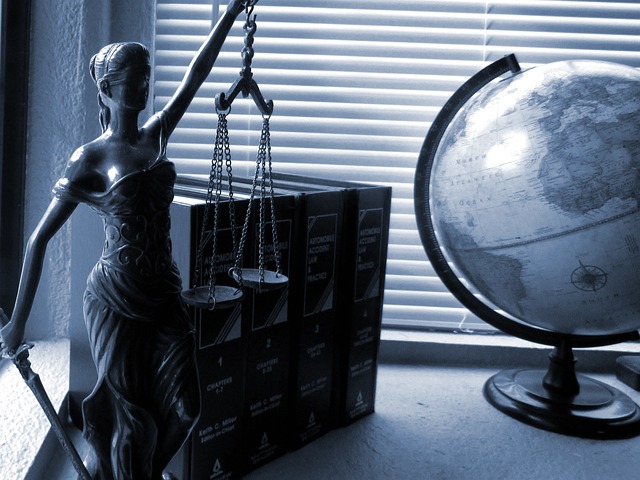
In Rideshare Crash Litigation, seeking compensation for injuries sustained in a commercial truck accident in The Bronx involves understanding different types of damages. Compensatory damages are intended to reimburse victims for their losses, including medical expenses, lost wages, and pain and suffering. These damages aim to put the victim in the same position they would have been in if the accident hadn’t occurred.
Punitive damages, on the other hand, are meant to punish the at-fault party—in this case, the rideshare company or truck driver—for their negligence or reckless behavior. They serve as a deterrent and may be awarded in addition to compensatory damages. The specific amount of punitive damages is determined by factors such as the severity of the accident, the defendant’s financial resources, and the need to send a strong message to prevent similar future incidents.
Case Studies: Notable Rideshare Crash Lawsuits in The Bronx

In recent years, Rideshare Crash Litigation in The Bronx has gained significant attention due to several high-profile cases that have reshaped the legal landscape for injured riders and passengers. One notable example involves a lawsuit filed against a major rideshare company following a collision between their vehicle and a commercial truck. The accident resulted in severe injuries to multiple occupants, highlighting the potential risks associated with shared mobility services.
This case study demonstrated the complexities of rideshare crash litigation, as it required meticulous investigation into the events leading up to the collision. Experts were engaged to analyze data from the vehicles’ black boxes and witness statements to determine liability. The outcome of this lawsuit set a precedent for similar cases in The Bronx and across the nation, emphasizing the importance of stringent safety measures and driver accountability in the rideshare industry.
Commercial truck accidents involving rideshare companies in The Bronx present complex legal issues. Understanding the intricate web of liability, as outlined in this article, is essential for both victims and legal professionals navigating these cases. By examining the legal framework, identifying common crash causes, and exploring damages available, individuals can better comprehend their rights and potential outcomes in rideshare crash litigation within The Bronx.
